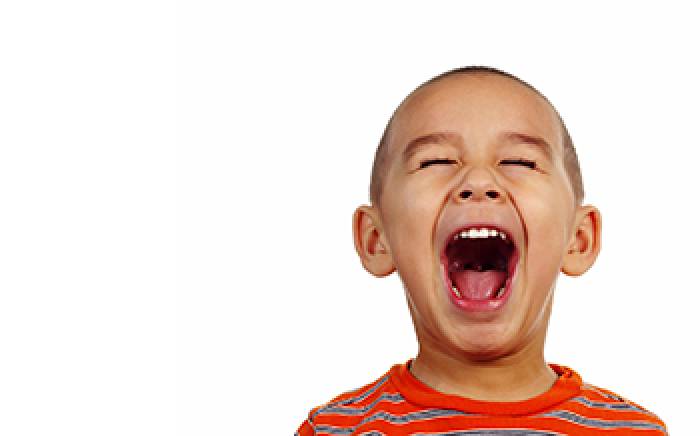By Brian Richter, PhD, Child Psychologist
Catherine Wright, LCSW, social worker, Adolescent Medicine and The SPOT
For many kids, teens, and parents, coping with stress related to COVID-19 has been challenging. Daily life has changed so much and activities that were part of your child’s routine prior to COVID-19 have the potential to trigger anxiety, including school. While none of us know exactly what school will look like in the coming school year, it’s not surprising that the idea of returning to school may be daunting for young people and their parents. Fortunately, coping skills from cognitive behavioral therapy (CBT) — the first-line treatment for anxiety-related disorders in kids and teens — can help.
Face your fears - little by little
CBT teaches us that avoidance provides temporary relief but keeps anxiety going in the long run. This is why a child with separation anxiety who never leaves their parent’s side, or a teen with social anxiety who doesn’t get out of their comfort zone, will stay stuck.
While everyone can relate to avoiding distress from time to time, for some kids and teens this can cause serious problems—like not being able to attend school.
The prescription for avoidance is exposure and response prevention (ERP), which involves facing your fears one small step at a time. Break things down into smaller, achievable steps and support your child as they practice gradually more difficult tasks. For example, if your child is anxious about wearing a mask, encourage them to practice the following exposure plan:
- Discuss why people are wearing masks and answer questions your child may have
- Search together for a mask he likes, or decorate a mask
- Have her hold the mask in her hand and look at it closely
- Wear the mask for 1 minute
- Wear the mask for 5 minutes
- Wear the mask while watching a favorite television show or playing a game
- Wear the mask to the grocery store.
Treat yourself
Being brave is hard work. Along with an exposure plan, brainstorm rewards your child can earn if they practice facing their fears. The prizes need not be large or expensive but should be valuable to your child. Examples may include extra screen time, a sticker, positive praise, or one-on-one time with a caregiver. Rewards provided immediately tend to be more effective than those earned slowly over time, although it can be extra special to earn points toward something big for consistent practice on top of getting a small treat.
Helping your child cope with anxiety
As your child practices more difficult steps of their exposure plan, it is common that he or she may express nervousness or refuse to do the next task. Coach your child through one of the following anxiety-relieving exercises while practicing:
- Practice slow, deep breaths with your child before starting a new exposure task
- Revisit easier tasks on the exposure plan
- Validate your child’s feelings with statements like “it is normal to feel nervous when trying new things”
- Talk with your child about other times they were brave
- Tell your child you believe in their ability to conquer their fear
For more information on anxiety and cognitive behavioral therapy (CBT), visit
- The Association for Behavioral and Cognitive Therapies
- The Anxiety and Depression Association of America
454-TEEN Helpline for Parents
Call 314.454.TEEN or 314-454-8336 to learn about resources in the St. Louis region. This free helpline that is staffed by St. Louis Children’s Hospital professionals who can help connect parents with behavioral health referrals and resources.







